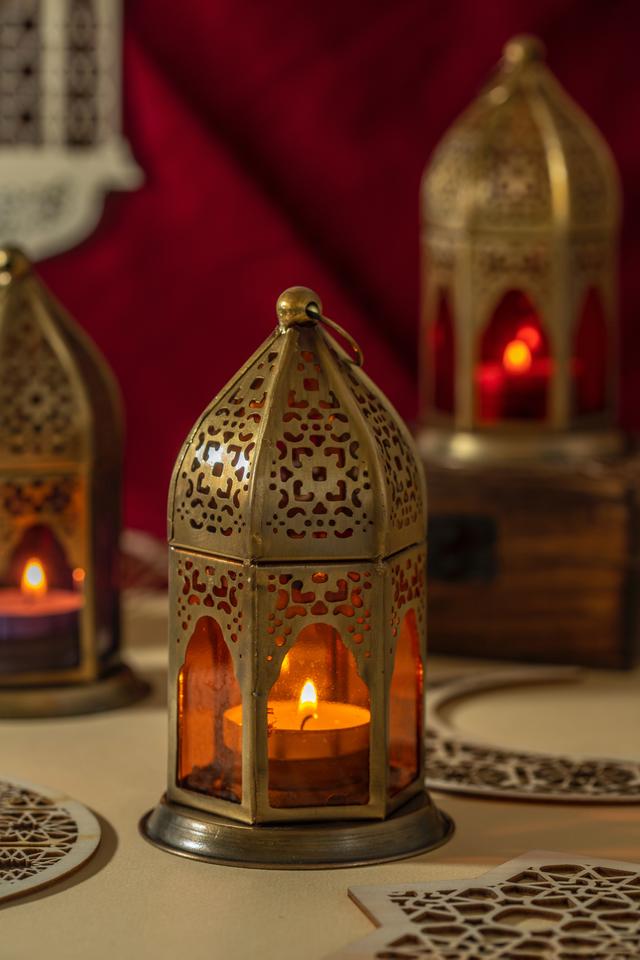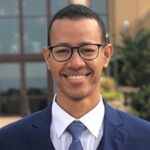In my household, I had parents who were very observant of Islam. In fact, my father was an imam of a local mosque, and my mother was responsible for teaching women the principles of Islam. When I was 7, my parents gave me the option to fast, abstaining from both food and drink.
We had to wake up at 5 a.m. to eat a meal known as suhoor, an Arabic word that literally means the time at dawn at which the meal is provided. We will eat a heavy meal of protein because we are about to embark on an epic journey of self restraint, completely abstaining from food and drink. In my family tradition, we often eat rice and an option of meat — fish, chicken or lamb.
On my first day of fasting, my trick was to stay up all night — a common practice in many Arab and Muslim societies during Ramadan — so that I can sleep through the day. The plan certainly worked until I woke up in the afternoon; I was living in the southern part of Yemen, where the afternoons get hot. Walking outside induces thirst, so I stayed in the house. Even so, I had to go out and meet friends. In such a case, and in my first attempt ever at fasting, I broke my fast after just a half day.
Of course, Muslims are required to fast when they hit puberty and the age of adult responsibility, usually around 15, but observant parents often encourage their children to fast when they are even younger. In Yemen, eating during fasting hours is a crime enshrined in the public conscience. Those who do not fast are often subject to public ridicule. In severe cases, they can be prevented from eating in public since that violates the unspoken rules of Ramadan.
But why do Muslims fast in the first place? What is the point of abstaining from food, drink and sex from sunrise to sundown?

Via Unsplash
In Islam, Muslims are required to fast such that they remember those who live in chronic poverty poor and often cannot find food to eat or water to drink.
Fasting teaches discipline. From a biological perspective, voluntarily abstaining from food and drink is irrational. But observant Muslims willingly engage in this seemingly irrational behavior to please God.
By abstaining from eating, drinking and sex from sunrise to sundown, Muslims look inward and practice mindfulness of their daily actions. Muslims hope to emerge from Ramadan spiritually transformed.
Muslim have a shared human experience as they dramatically change their daily habits. Muslims recharge and reconnect with God during Ramadan.
The Quran, which is the holy book of Islam, was revealed during Ramadan, and it is a longstanding practice that Muslims frequently read and study the Quran during Ramadan. Muslims even compete on how many times they can read the book of the Quran from cover to cover. Some scholars reportedly read the Quran — a book whose pages exceed 600 — once or twice daily.
In 2023, the last 10 nights of March mark the first 10 days of Ramadan. Although I am pursuing my doctoral studies at the University of Minnesota, and although Minnesota is the home of a large Muslim community, I am spending this Ramadan in Miami, where I have found a community with whom to spend this communal month.
Ramadan is a big deal for Muslims; its cultural significance is perhaps akin to that of Christmas in the United States. Ramadan is a time of reunion, meditation and generosity.
When Ramadan comes, Muslims greet each other with the truncated phrase — Ramadan Mubarak — meaning “I wish you a blessed month of Ramadan.” It is similar to the truncated phrase of “Merry Christmas,” which means “I wish you a Merry Christmas.” And just as you do not have to be a Christian to wish Merry Christmas, you do not have to be Muslim to say Ramadan Mubarak to your Muslim friends.
Ramadan Mubarak!



 © 2025 All Rights Reserved
© 2025 All Rights Reserved
Abdulrahman Bindamnan